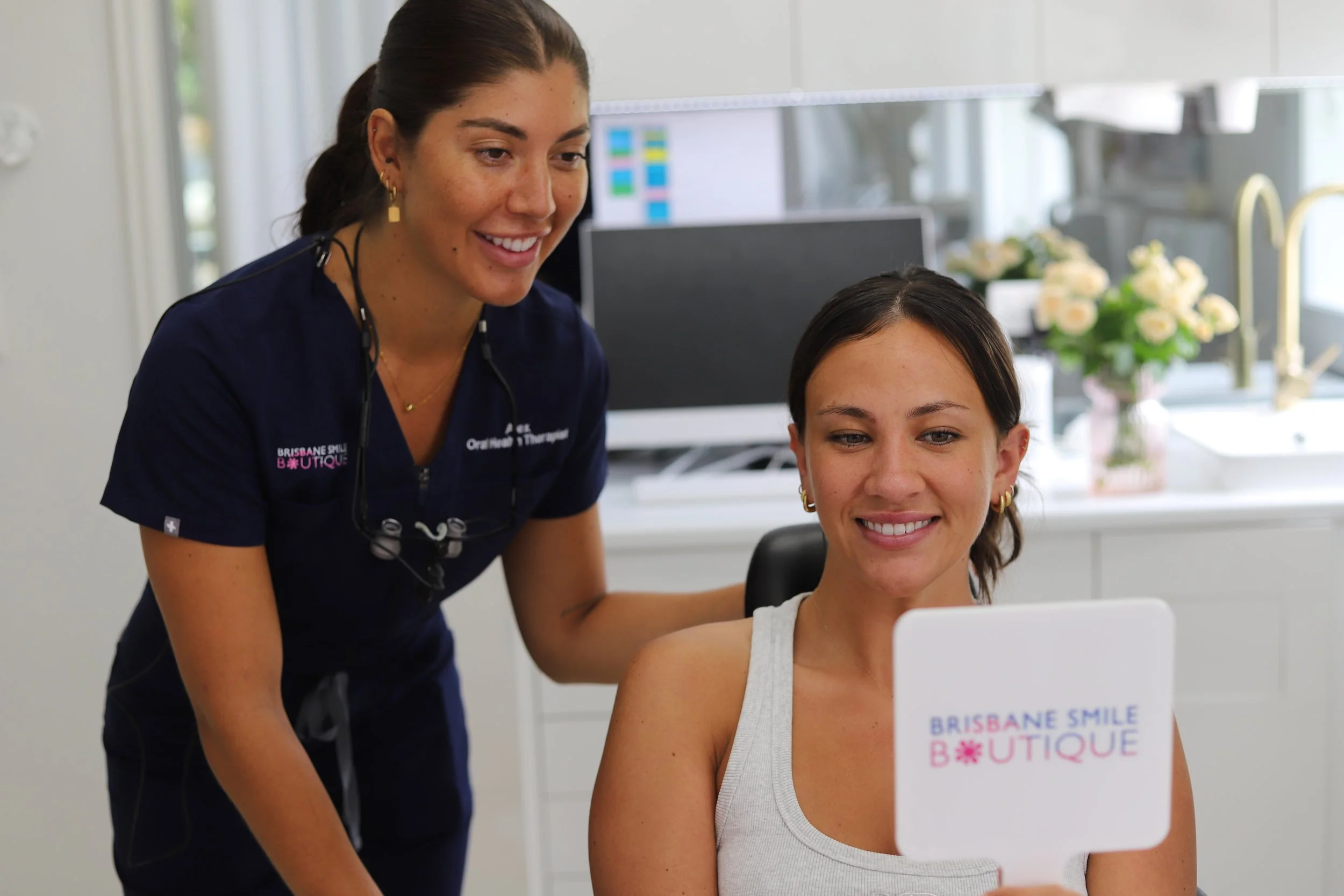Invisalign in Brisbane
Invisalign is a discreet orthodontic treatment that uses custom-made clear aligners to gradually straighten teeth and improve bite alignment. Treatment is personalised and planned using advanced digital scanning to ensure precision and predictability.
At Brisbane Smile Boutique, Invisalign is suitable for a range of orthodontic needs, from minor alignment concerns to more comprehensive correction. Each plan is carefully monitored to support both aesthetic outcomes and long-term function.

